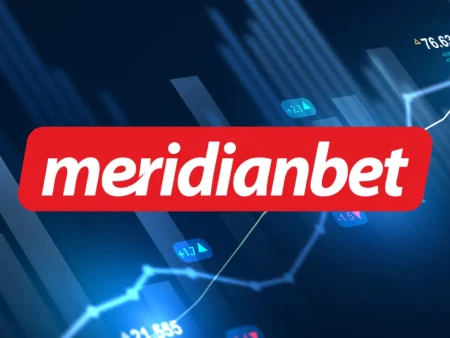Evoke is the parent company of William Hill, 888, and Mr Green. It has posted a positive post-close trading update for the six months ending June 30 of this year. The update shows solid momentum across both online and retail channels. Bringing first-half revenue growth to 3% year-on-year, the group reported a 5% increase in revenue for the second quarter.

Online gaming, which grew by an estimated 6% in the second quarter, mainly fueled the improvement. Retail operations had recently lagged. However, they made a notable return to growth after the rollout of 5,000 new gaming machines across the estate by March. The investment revitalized the company’s retail betting presence in the United Kingdom, especially its 1,400 William Hill shops. It played a major role in the improved quarterly performance.
Group CEO Per Widerström noted that Q2 2025 was their second-strongest quarterly revenue performance since early 2023. He called it a particularly encouraging result, especially given the tough comparison with last year’s Euros period. Importantly, this growth was also profitable, reflecting their focus on sustainable earnings. H1 Adjusted EBITDA rose significantly year-over-year, supporting their strong deleveraging path in line with the value creation plan.
Sports betting performance faced pressure due to tough comparisons with UEFA Euro 2024 last year, which boosted activity and margins. Meanwhile, gaming segments delivered double-digit growth in both Q2 and H1. Despite this, Evoke expects adjusted EBITDA for the first half of 2025 to range between £163 million and £167 million. This is a 43% year-on-year increase at the midpoint. That pushes the group’s EBITDA over the last twelve months to more than £360 million. It reinforces Evoke’s strategy centered on financial discipline and debt reduction.
As Evoke maintains tight cost controls and keeps on enhancing marketing efficiency, this sharp increase in profitability comes. The company has reaffirmed its full-year 2025 guidance, targeting 5% to 9% revenue growth. It also expects an adjusted EBITDA margin of at least 20%.


